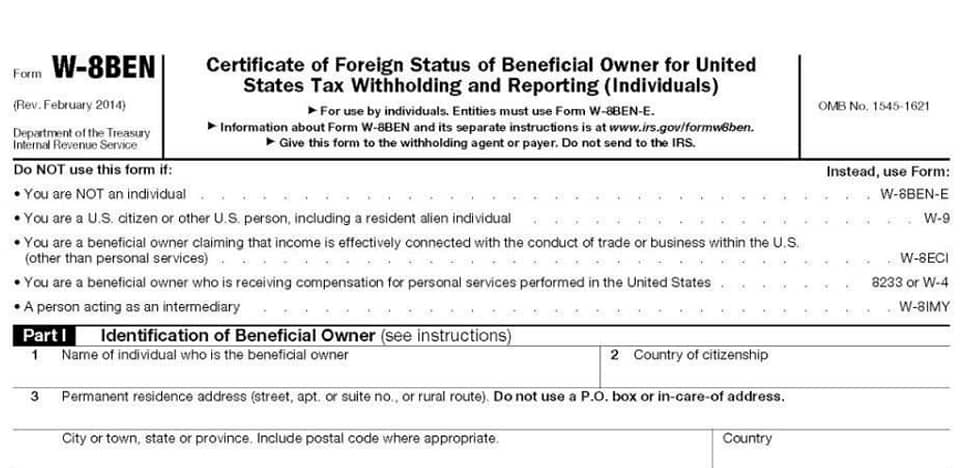
Working with Foundation Group’s experts allows your church to unlock the expertise needed to manage your books and the convenience of delegating the task to someone else. Plus, you’ll receive advice and counsel on how to continue operating smoothly. Create realistic fundraising plans by using past data to set your goals.
What is Fund Accounting and Why Is it Important for Churches?
- To do this, churches must keep thorough and accurate records as they collect revenue from various sources.
- As a result, fund accounting plays a crucial role in maintaining the trust of donors, stakeholders, and regulatory bodies by providing a clear and accurate picture of an organization’s financial health.
- If you need to raise a certain amount of money, you can craft a fundraising plan or hire more staff so you don’t miss the opportunity to do so.
- In addition, the Restriction was to be identified as Donor Restricted or Board Restricted.
- Regardless of the size of your organization, our services can be tailored to meet your needs and budget.
- To ensure your books are accurate and compliant, outsource the task to a professional who can navigate the complexities of your finances.
- This allows churches to see how their funding is used to further their mission.
Provide your members and donors with up-to-date, accurate financial reports. Prepare contribution statements (AKA Giving Statements) for tax season, but also balance sheets and income statements for regular member financial meetings. Nonprofits use the statement of functional expenses to help them understand their costs. The functional expense statement tells church members how they use the money for their organization. This allows churches to see how their funding is used to further their mission. Understanding the church’s expenses will help allocate future resources more realistically.

Understanding Fund Accounting

An example of a Permanently Restricted Asset would be an Endowment or Bequest, or other major donation that may never be spent, but invested and only the income may be used. That income may in how is sales tax calculated turn be unrestricted or temporarily restricted for a particular use. You should classify clergy as self-employed for payroll and Social Security and Medicare taxes; exclude housing allowance from gross income; file Form 941 quarterly. If you are interested, you can read more about how Aplos can benefit your church’s accounting operations here, and read this helpful comparison of Aplos and QuickBooks from the Aplos team. You can review more details about political activities and nonprofits on the IRS website.
Create an Annual Budget

For this reason, you need church accounting software designed to handle fund accounting. Extra benefits in a platform include giving tools and presenting your data concisely to those who have given. Creating a reliable fund accounting system requires collecting and overseeing financial information for your church or nonprofit.
- Church accounting is a unique beast to tackle, and an accountant who understands its nuances will be able to effectively analyze your church’s financial situation and create specific goals that help you grow.
- Nine times out of 10, people can trust those in their organization, but you still want to implement safety measures just in case.
- Compliance with FASB standards through fund accounting enhances credibility, attracting community support.
- Nonprofits focused on accountability have different goals than organizations concentrated on profit.
- This method helps to ensure that you use resources wisely and productively across the organization’s operations.
What should you look for in church accounting software?
Regular reports detail income, expenses, and funds, keeping members informed. Separating duties in financial processes enhances oversight, reducing errors and fraud. Multiple individuals in financial roles ensure accountability and stakeholder confidence. Although your church is considered a nonprofit organization, that doesn’t mean your budget has to break even every year.
How should my church manage designated or restricted funds?
It’s important to label each donation so that you can track where the donations go at your church. Properly labeling your donations will double declining balance depreciation method come in handy when you generate reports to give to other leaders so they can understand giving trends. Once you have your funds, categories, and accounts in place, you will need to begin tracking your donations.
Step 2: Choose the Best Fund Accounting Software
Church operating budgets work very similarly, except that they detail an entire organization’s predicted revenue and expenses. These practices enhance financial health, build trust, and support mission success. A culture of stewardship ensures sustainability and growth, helping churches navigate financial complexities confidently. Regular financial statements and a statement of financial position promote transparency and legal compliance. An annual budget guides ministry efforts and ensures financial stewardship. The operating budget details predicted revenue and expenses for the fiscal year.

Ultimately, the organization should carefully consider both options and choose what works for them. Deciding whether to hire or outsource a church accountant is an important decision that can impact the financial management of religious institutions. There are advantages and disadvantages to both options, and the right choice depends on the organization’s specific needs and circumstances. “In the church and nonprofit world, we’re appealing a lot of times to financial statement readers who are not accountants or not necessarily coming from a financial background,” our experts emphasize. Churches are held to higher standards in the media and with their donors. Transparency church accounting guidelines with your organization’s financial reports is necessary to ensure donor trust and limit IRS audits.
